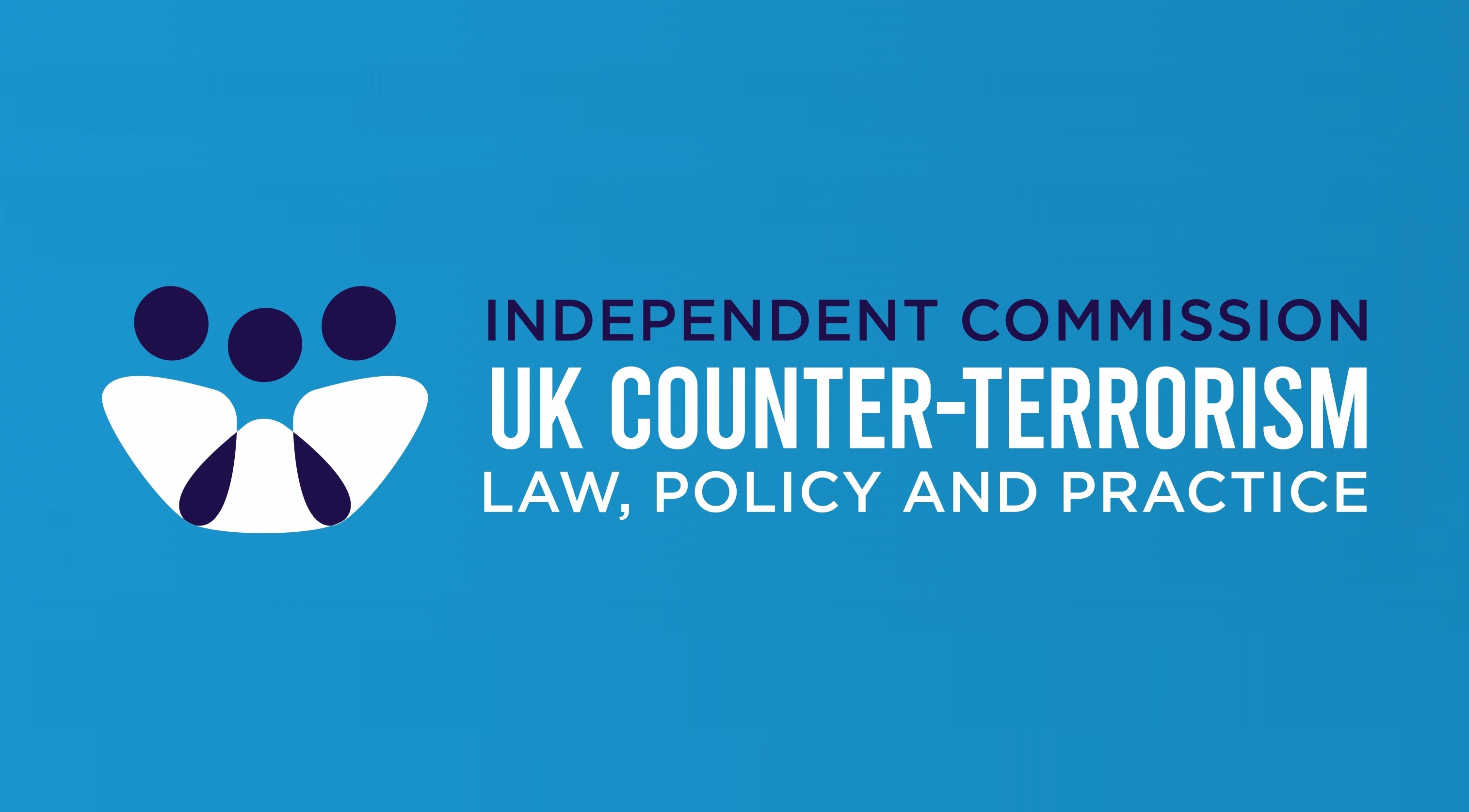Bingham Report Highlights Some Progress but Leaves Key Issues Unaddressed


London — The Bingham Law Centre’s new report presents itself as a review of the UK’s counter-terrorism powers. While it includes some positive recommendations, such as supporting repatriation and suggesting limited safeguards on citizenship deprivation, it ultimately works to preserve a system that has, for over two decades, eroded rights, entrenched discrimination, and normalised exceptionalism.
The report acknowledges the vast reach of counter-terrorism laws, but it avoids confronting the fundamental question: why such powers exist at all. Instead of addressing the lasting harm and division they have caused, it proposes adjustments designed to maintain the system rather than challenge it. The granting of powers under schedule 7 and Prevent Policy for coercive arms of the state to invade citizens space before a defined crime has or is very near to being committed, is erosion of a basic barrier against arbitrary powers which have underpinned the rule of law and right to due process for centuries. Yet, the state has over a short period of time, largely, we must add, by inciting and exploiting prejudices has managed to manufacture consent even from those whose stated objective is to preserve the rule of law.
Its treatment of key areas reflects this reluctance to engage with systemic issues. The framing of Prevent as a “social cohesion” measure revives an approach that has repeatedly failed and continues to stigmatise Muslim communities. Schedule 7 powers, which allow people to be stopped and questioned without suspicion, are defended rather than questioned. The Online Safety Act is endorsed despite ongoing civil society concerns about its implications for privacy and freedom. Closed Material Procedures, which enable secret evidence, are largely untouched, with only cosmetic tweaks suggested. The proscription regime is described as needing better oversight, yet the underlying political power to ban organisations remains intact. Even on citizenship deprivation, the report recognises the inequity of two-tiered citizenship but stops short of calling for its abolition. And while support for Syria repatriation is welcome, the discussion remains framed within a counter-terrorism logic that securitises individuals rather than upholding their rights.
These examples illustrate the limitations of the report. While some steps are welcome, the framework itself - and many of the powers it defends - continue to perpetuate harm.
Ultimately, the report does not challenge the counter-terrorism regime in the way that is necessary. Its proposals repackage, rather than end, powers that have consistently undermined equality and justice. There can be no reforming powers that were unjust in their very creation. The UK’s counter-terrorism framework cannot be polished into legitimacy; it must be abolished in its entirety.
[ENDS]
Download Files








